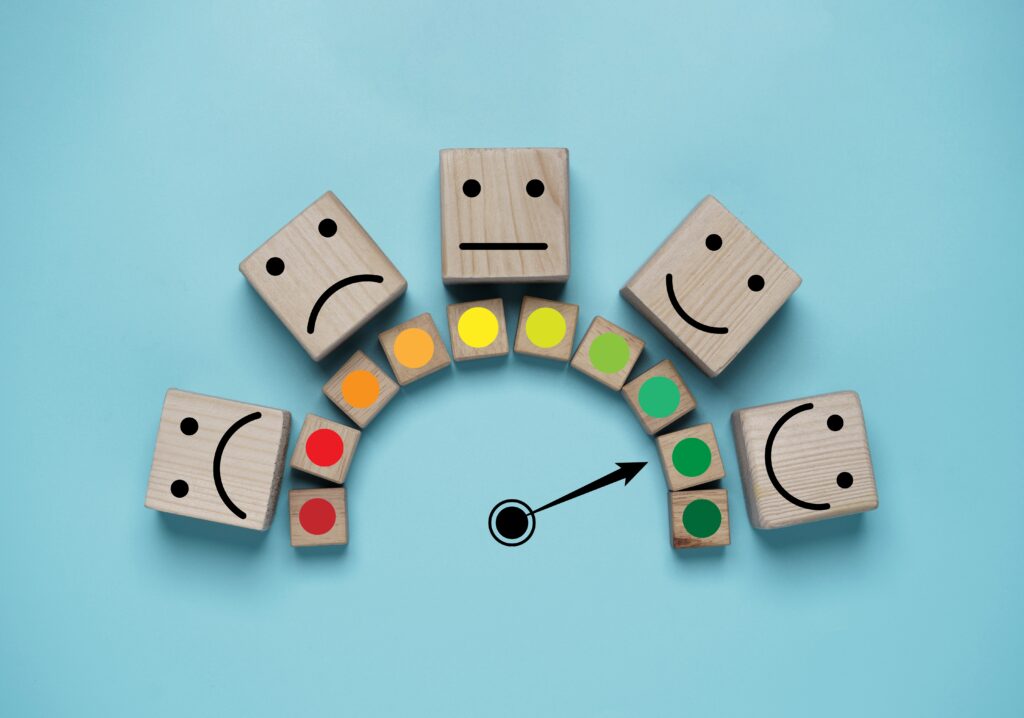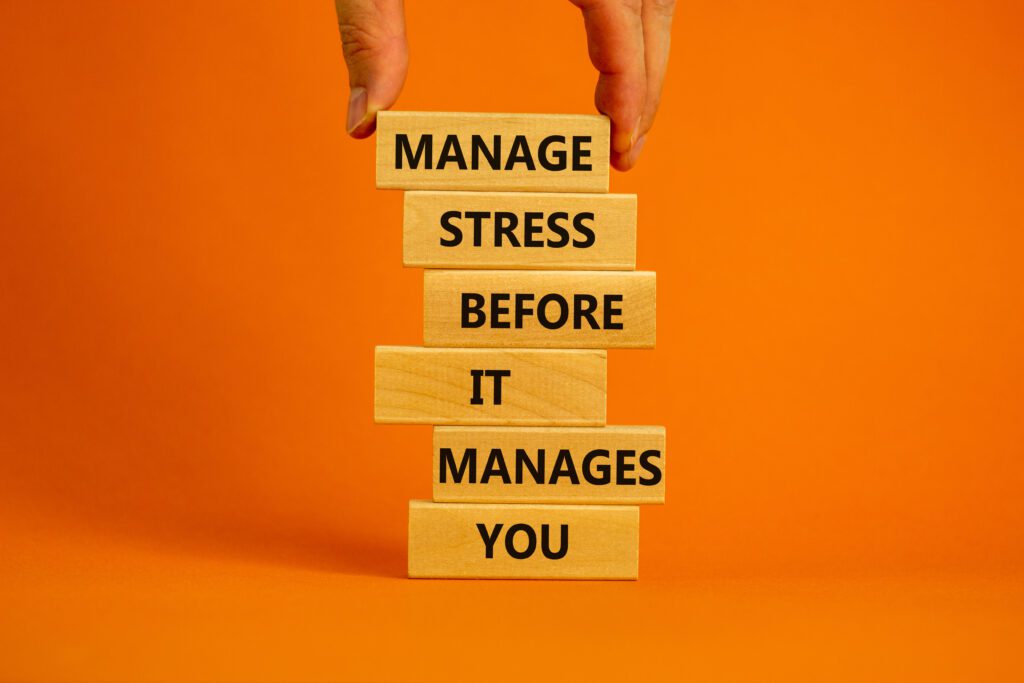“Leadership is all about emotional intelligence. Management is taught, while leadership is experienced.”
– Rajeev Suri
In today’s fast-paced and interconnected world, emotional intelligence (EI) stands as a critical component of personal and professional growth. For professionals, leaders, and managers, understanding and cultivating EI can lead to improved communication, better relationships, and more effective leadership. This instructional post is designed to guide you through the process of enhancing your emotional intelligence, offering practical knowledge and strategies for achieving higher levels of EI.
Understanding Emotional Intelligence

Before you can take steps to improve your EI, you must understand what it is. EI, often referred to as EQ (emotional quotient), is the ability to recognize, understand, and manage our own emotions while recognizing, understanding, and influencing the emotions of others. It is built upon several key components:
Self-Awareness
The foundation of EI, self-awareness, is the ability to recognize your own emotions and their impact. To be self-aware is to understand your personal strengths and limitations, while maintaining a sense of confidence and humility.
Self-Regulation
Self-regulation involves managing your own emotional reactions. This includes staying calm under pressure, adapting to changes, and managing negative emotions effectively, providing a solid base for clear thinking and decision-making.
Empathy
Empathy is the capacity to understand the emotional makeup of other people. It involves recognizing and appreciating the feelings of others, which can be an incredibly valuable skill for interpersonal relationships and conflict resolution.
Social Skills
Social skills are the application of EI in managing relationships effectively. This includes communication skills, the ability to build and maintain networks, and the ability to work in teams, essential in any professional setting.
Motivation
Highly motivated individuals pursue goals with unrelenting energy. They have the drive to achieve for the sake of their own satisfaction rather than for external rewards, which leads to more significant accomplishments.
Assessing Your Current Emotional Intelligence Levels

A vital step in enhancing your emotional intelligence is to assess where you currently stand. There are various tools and assessments available, such as the Emotional Intelligence Appraisal or self-assessment exercises found in EI literature. These can help you understand your strengths and areas for development.
Real-Life Application
For example, a newly appointed manager might recognize through self-assessment that they struggle with managing their stress, which impacts their decision-making and team performance. This awareness is the first step in improving their EI.
Strategies to Enhance Emotional Intelligence
“What really matters for success, character, happiness and life long achievements is a definite set of emotional skills – your EQ — not just purely cognitive abilities that are measured by conventional IQ tests.“
– Daniel Goleman
Building your EQ is an ongoing process. Here are several strategies you can employ to develop your emotional intelligence:
Practice Active Listening
Concentrate, understand, respond, and remember. These are the four key steps to active listening, a practice that can greatly enhance your empathy and social awareness.
Cultivate Self-Awareness Through Reflection
Set aside time daily to reflect on your emotions, decisions, and interactions. Journaling can be an excellent tool for this purpose, providing a clearer view of your emotional responses.
Manage Stress Effectively

Meditation, regular exercise, and time management techniques can help you manage stress effectively, preventing it from clouding your judgment or impairing your interactions.
Develop Empathy Through Perspective-Taking
Actively consider the viewpoints of others, especially in areas where you disagree. This approach can lead to a deeper understanding of individuals’ motivations and emotions.
Enhance Social Skills Through Communication and Collaboration
Practice giving feedback, resolving conflicts, and collaborating with others. These skills are crucial in the professional environment and can significantly boost your social intelligence.
Real-Life Application
A manager who is working on enhancing their empathy might develop a habit of having one-on-one meetings with team members to better understand their perspectives, challenges, and career aspirations.
Implementing EI in Professional Settings

Employing EI in the workplace is essential for leadership and professional success. When you understand and manage emotions in high-stakes situations, you can achieve better outcomes and build stronger relationships.
Benefits of High EI for Professionals, Leaders, and Managers
Leaders with high EI are often more adept at inspiring and leading their teams, navigating challenging business environments, and are generally better received by peers and subordinates.
Applying EI in Decision-Making, Conflict Resolution, and Team Dynamics
High EI can guide you in making more empathetic and ethical decisions, resolving conflicts in a way that benefits all parties, and understanding the dynamics within your team to maximize performance.
Real-Life Application
A successful executive attributed his ability to effectively manage a merger to his high EI. By understanding and navigating the emotional implications of change for his team, he was able to achieve a smooth transition.
Measuring Progress and Continuous Improvement
Tracking your EI development is crucial. Just as with any skill, continuous learning and feedback are essential for growth.
Tracking EI Development
Continue with self-assessments to measure the evolution of your emotional intelligence over time. Use success stories where you employed your EI effectively as motivation to keep growing.
Seeking Feedback and Mentorship
Engage with peers, mentors, and coaches to gain insights and feedback on your EI progression. They can provide you with valuable perspectives on your strengths and areas for development.
Engaging in Ongoing Learning and Development Opportunities
Attend workshops, read literature, and take part in training programs that focus on emotional intelligence. Actively working to improve your knowledge and skills will help solidify your growth.
Real-Life Application
A marketing director sought ongoing feedback from their team on communication and collaboration skills. Through this feedback loop, they were able to make targeted improvements and saw a marked increase in cohesion and productivity.
In Conclusion
Enhancing your emotional intelligence is a lifelong journey that can provide great personal and professional rewards. By understanding and applying the strategies outlined in this post, you will not only improve your own well-being but also significantly enrich your professional relationships and achievements.
Remember, emotional intelligence is not about being emotional. It’s about understanding emotions — your own and others’ — and using this understanding to make stronger connections, lead more effectively, and achieve greater success.
Frequently Asked Questions (FAQ)
1. How can I measure my emotional intelligence?
A: Emotional intelligence can be assessed through various online assessments and tools designed to measure EI components like self-awareness, self-regulation, social skills, empathy, and motivation. Additionally, feedback from trusted peers or professionals can offer valuable insights.
2. Can emotional intelligence be improved at any age?
A: Yes, emotional intelligence is a set of skills that can be developed and improved upon at any stage of life. Through consistent practice, feedback, and learning, individuals can enhance their EI skills.
3. Are there professional roles where emotional intelligence is more important?
A: Emotional intelligence is valuable in every professional role, but it is particularly crucial in leadership positions, customer-facing roles, and jobs that require teamwork and collaboration. High EI contributes to better communication, conflict resolution, and team dynamics.
4. How does improving emotional intelligence impact personal relationships?
A: Enhancing your emotional intelligence can lead to more empathetic communication, deeper connections, and healthier relationships. It helps in understanding and managing your emotions and recognizing and responding to the emotions of others effectively.
5. What is the difference between emotional intelligence and IQ?
A: Emotional intelligence (EI) relates to understanding and managing emotions, empathizing with others, and handling interpersonal relationships judiciously and empathetically. In contrast, IQ (Intelligence Quotient) measures academic abilities and is used as an indicator of logical reasoning, problem-solving skills, and the ability to learn. While IQ can predict academic success to some extent, EI is a stronger predictor of personal and professional success.
Recommended Reading
Emotional Intelligence 2.0 by Travis Bradberry, Jean Greaves and Patrick M. Lencioni

Emotional Intelligence: Why It Can Matter More Than IQ by Daniel Goleman






